If you or a loved one has suffered due to a defective or unsafe product, you have the right to seek justice through a product liability claim. In Pennsylvania, product liability is governed by the Pennsylvania Product Liability Act, but also by the comprehensive case law surrounding these types of claims. When consumers entrust their safety to manufacturers, they are backed by the assurance that if that trust is broken, the legal system provides a way for injured individuals to receive compensation for their injuries. Initiating a product liability claim in Pennsylvania is the first step toward asserting that manufacturers must uphold the highest standards of safety and responsibility for the products entering our homes and our lives.
A product liability claim typically involves holding a manufacturer or seller responsible for placing a defective product into the hands of a consumer. Product liability claims can be based on three different theories: 1) strict liability, 2) negligence, or 3) breach of warranty. Claimants generally have two years from the date of injury to file a lawsuit, although there are certain exceptions that may extend this period.
In Pennsylvania, if you are bringing a product liability claim based on strict liability, it is not necessary to prove that a company was negligent. However, there are specific criteria you must prove in order for your claim to succeed under a strict liability theory. Here are the components that a plaintiff typically needs to establish in a product liability claim based on strict liability theory:
- Product Has To Be Considered Defective: The plaintiff must prove that the product was defective. There are three main types of defects:
-
- Design Defects: The product includes an unsafe feature or flaws in the product’s design that make it inherently unsafe.
- Manufacturing Defects: The product is unsafe as a result of an issue with its construction or manufacture, which makes the product dangerous even if the design is safe.
- Marketing Defects (Failure to Warn): The product lacked adequate instructions or warnings about potential risks.
- The Defect Existed at Time of Sale: The product must have been defective at the moment it left the seller’s control. This is to establish that the defect was not a result of alteration or misuse by the user or a third party.
- The Product Was Used as Intended: The individual (or plaintiff) must demonstrate that the product was being used in a way that the manufacturer intended, or in a way the manufacturer could reasonably expect it to be used. Misuse of a product could invalidate a claim.
- Causation: There must be a direct causal link between the product’s defect and the individual’s injury or loss. The individual needs to show that the defect specifically caused the harm.
- Damages: The plaintiff must have suffered actual damages as a result of the defect. This could include medical expenses, lost wages, pain and suffering, and other economic or non-economic losses.
- No Substantial Changes: The product must not have been substantially altered from the condition in which it was originally sold, which could otherwise interfere with the causal chain between defect and injury.
Product liability claims in Pennsylvania can be also be brought under two other theories of liability besides strict liability:
- Negligence: This requires showing that the manufacturer or seller failed to exercise reasonable care in the design, manufacture, or marketing of the product, and this lack of care was the proximate cause of the injury to the customer.
- Breach of Warranty: Claims may also be based on the argument that the product did not fulfill the terms of an express warranty (a specific promise about the product’s safety or that it will function correctly) or an implied warranty (a general expectation that the product will not be unreasonably dangerous).
If you believe you have a product liability claim, it is important to consult with a personal injury attorney who specializes in this area of law. These types of cases can be complex and proving your claim requires detailed evidence and often expert testimony. Contact the team of Cooper Schall & Levy for an initial consultation to evaluate the specifics of your situation and to discuss options for recovering the proper compensation.

